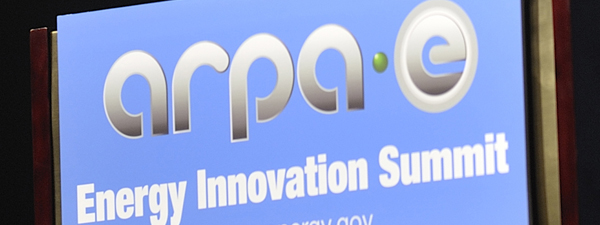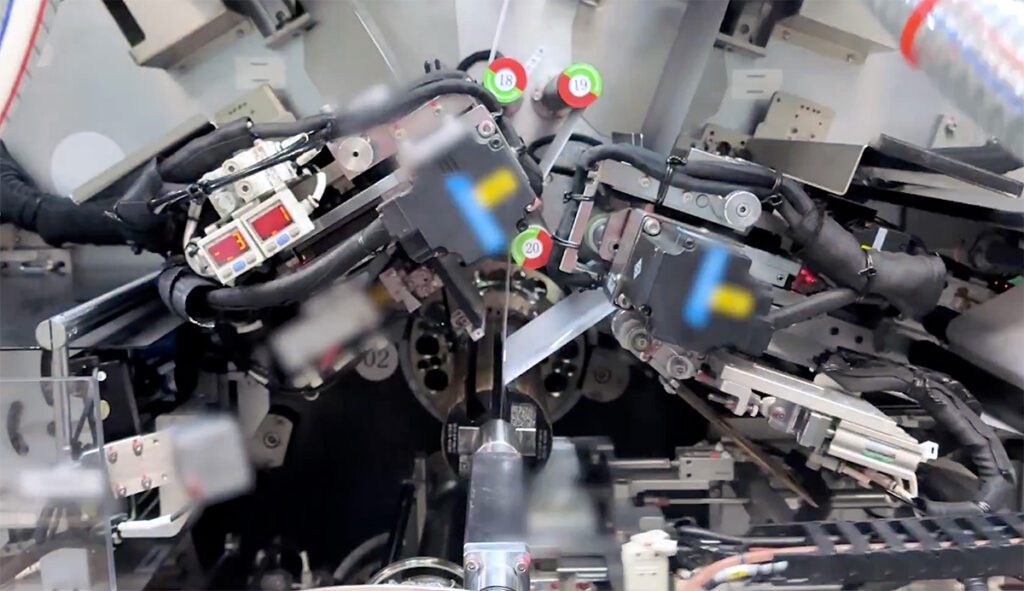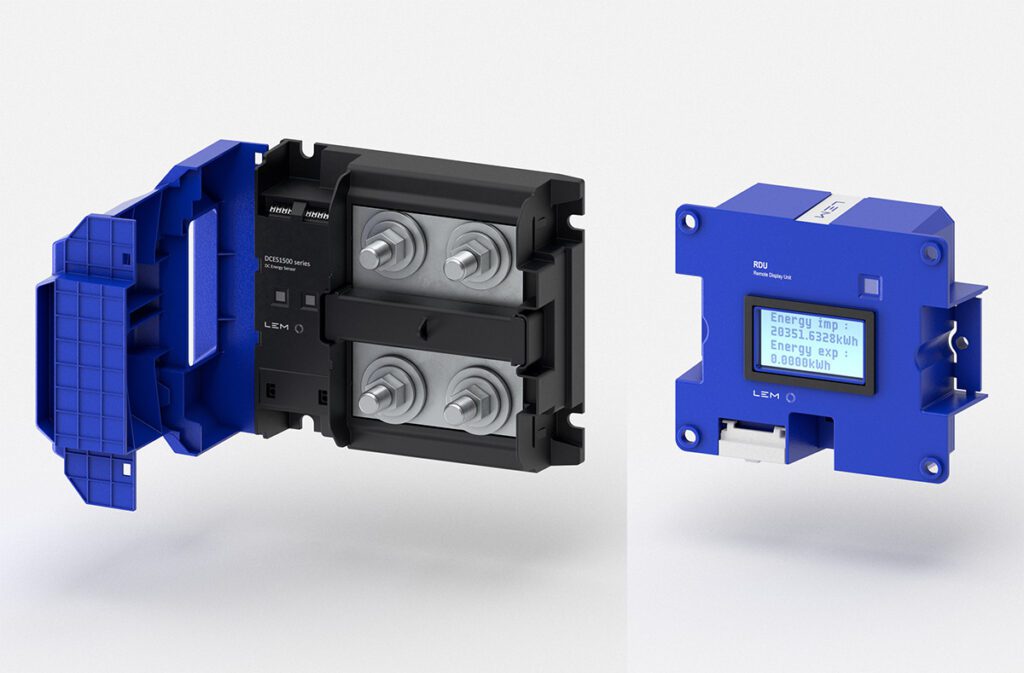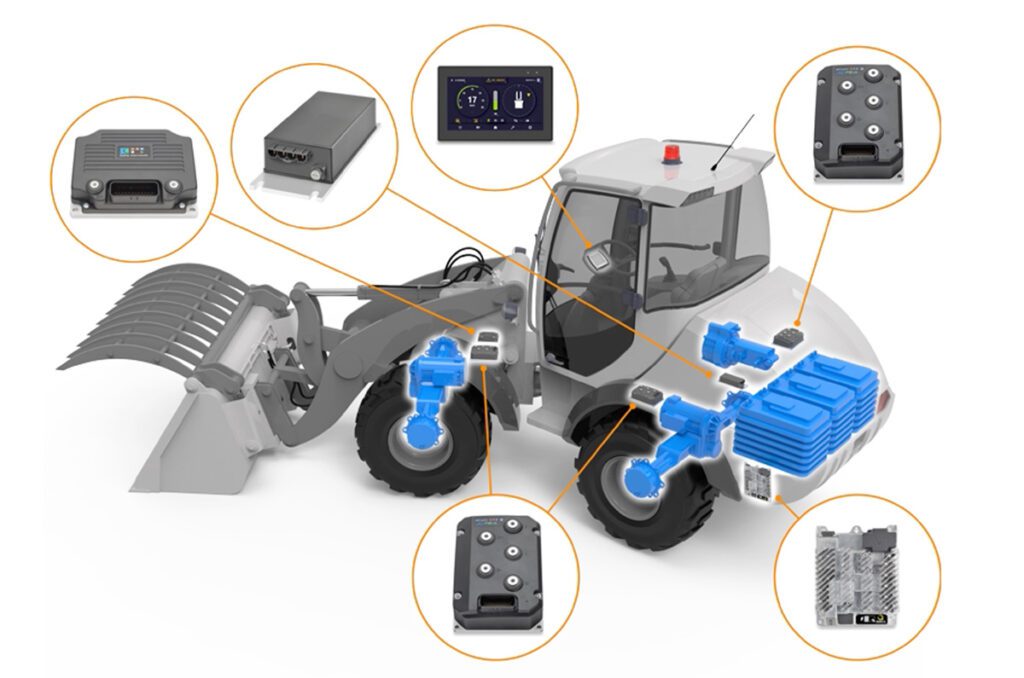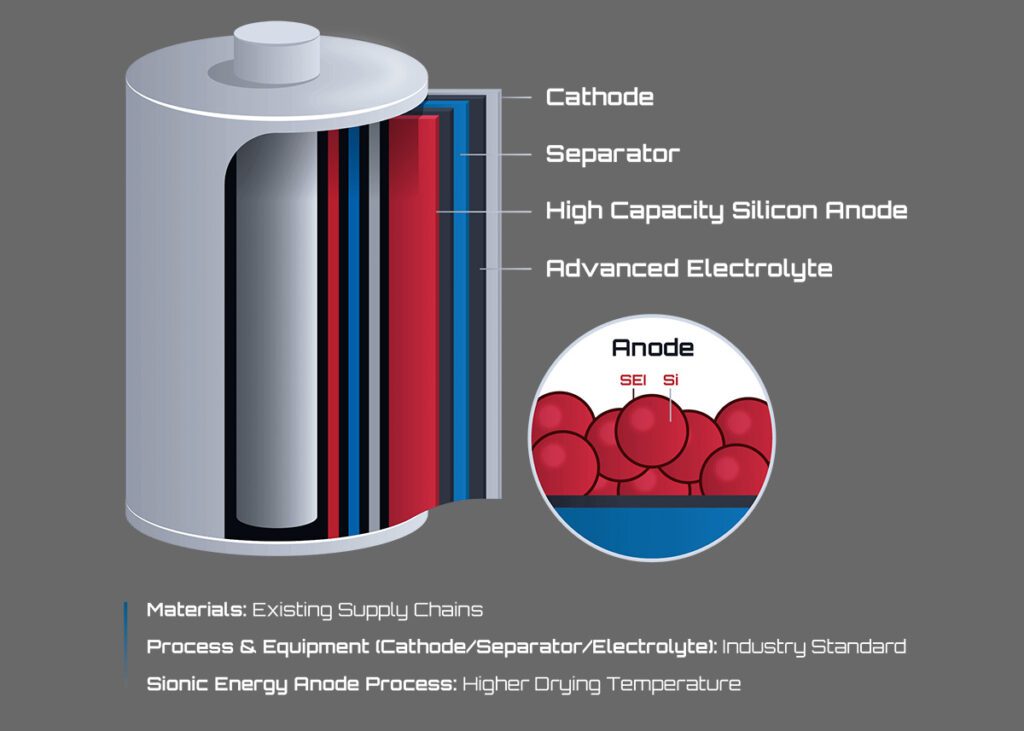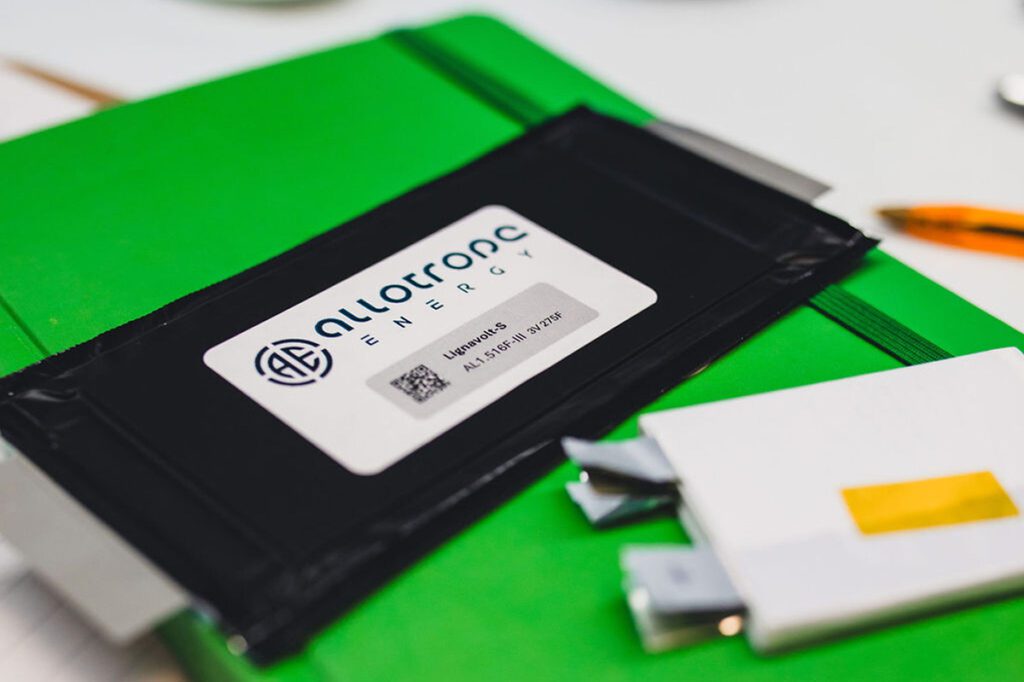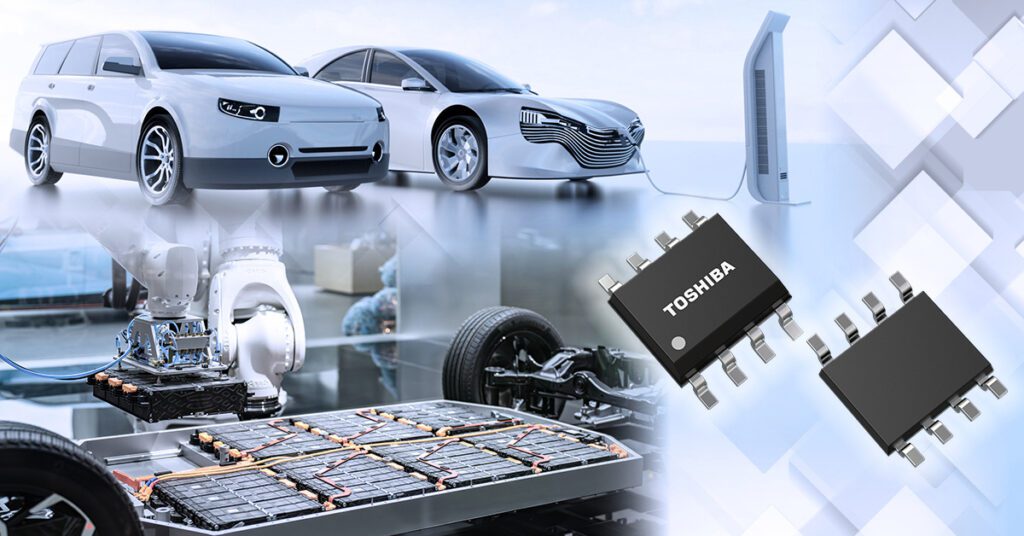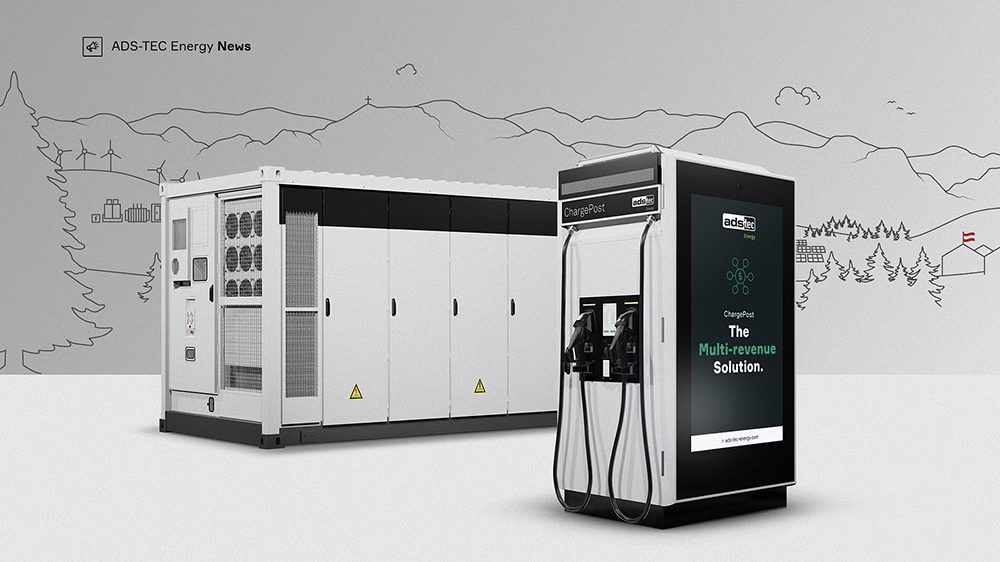If you think you can develop an EV battery that delivers three times the range for a third less cost than current designs, you can claim a slice of $20 million in research funding from the DOE’s Advanced Research Projects Agency – Energy (ARPA-E). The agency has issued a funding opportunity announcement (FOA) for the development of “transformational electrochemical energy storage technologies,” and expects to make 8- 12 awards.
The Robust Affordable Next Generation EV-Storage (RANGE) program’s goal is to enable an increase in EV range from around 80 to around 240 miles per charge, with a price reduction of at least a third, to around $30,000. But that’s not all – RANGE wants “robust” designs that “avoid thermal runaway and are immune to catastrophic failure regardless of manufacturing quality or abuse conditions.”
RANGE suggests several possible designs: non-combustible aqueous or solid state electrolytes; a redox flow battery architecture that is inherently more robust due to the physical separation of its active components from the cell electrodes; or a mechanism that allows a battery to automatically fail under abuse conditions.
Such robust designs could lower cost by reducing demands on system-level engineering, liberating the energy storage system from the need for vehicle impact protection, and enabling multiple functions, such as assisting crash energy management and carrying structural load.
The FOA contains highly detailed specifications of what RANGE is looking for, so give it a read and head for the lab.
Source: ARPA-E







